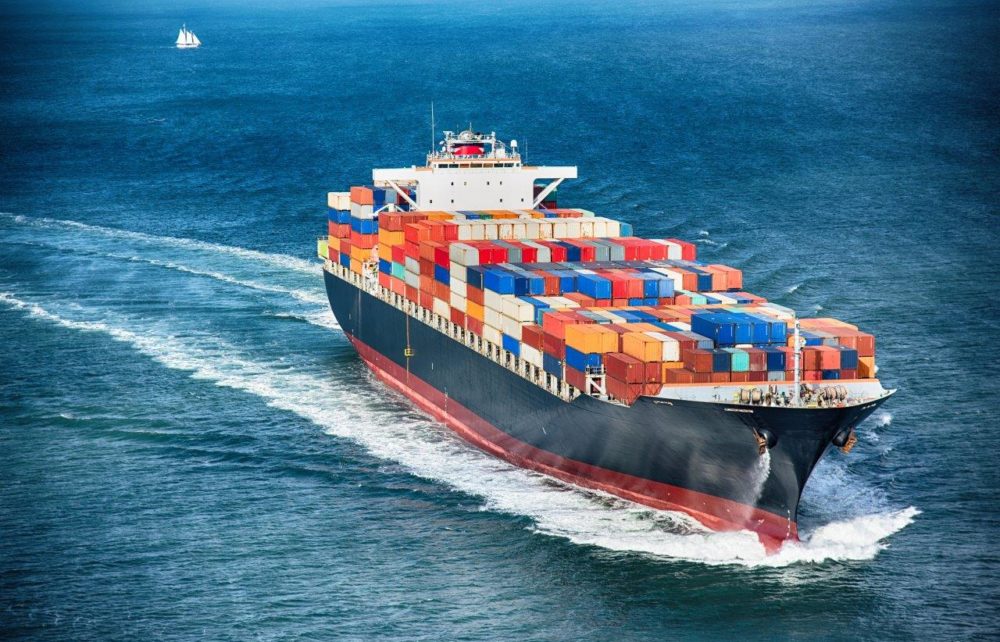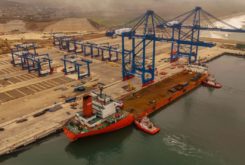Brazil could increase exports to China by 76.2% by the year 2030, rising from the current USD 58.9 billion (annual average 2017-2020) to USD 103.4 billion, according to a new study.
The study by the Brazil-China Business Council (CEBC), “Exports from Brazilian States to China: Current Scenario and Prospects for Diversification”, says that for the export boost it is necessary to diversify the export basket.
The document includes a list of 216 products with the potential to increase sales in the coming years in all regions of the country.
“Brazilian exports to China are very concentrated and this concentration has become more pronounced in recent years”, said international trade specialist Fabrizio Panzini, author of the work. While exports are concentrated in agriculture or mining products, “there is room for the growth of industrialized products”.
In addition to consolidated exports of oilseeds, ores and fuels, there are a number of other sectors identified in the study with an important number of goods to be explored for diversification, such as: skins and leather (7 products); meats (8); cast iron, iron and steel (9); stones and plasters (11); chemical and organic products (11); wood and wood articles (15) and machinery and equipment (19).
The study also presents simulations of earnings from exports to China that Brazil, regions and states could have by 2030, based on projections of different variables, including the potential growth of imports by China in the period. The scenarios were prepared by a team from the Institute of Applied Economic Research (Ipea), linked to the federal government, using a suitable model for simulations of impacts on international trade flows.
China’s central bank sets up yuan clearing arrangements in Brazil
The study reveals that, from 2012 to 2021, Brazilian exports to the Asian country grew five times more than exports (in values) to the world. It was the highest growth among all relevant partners in Brazil.
All Brazilian regions had growth in exports to the Chinese market above the average of total exports in the period, with China being the main destination for shipments from 19 of the 27 Brazilian states in the period. In 21 of them, there was an increase in exports to the Chinese market above the expansion of sales to the world.
The states with the most significant average growth were: Rondônia (39.6%), Piauí (30.1%), Tocantins (26.2%), Amazonas (21.3%) and Acre (19.8%). For 22 federative units, China’s participation as an export destination increased in the analyzed period.
New Brazilian President willing to expand relations with China
Despite this expansion, there was a concentration of sales in the last decade. The top ten products represented, on average, 90.6% of all that Brazil sold to China.
Only seven states managed to diversify exports to China in the period: the three in the South Region (Paraná, Santa Catarina and Rio Grande do Sul), Minas Gerais, Espírito Santo, Amazonas and Mato Grosso. The most notable were Minas Gerais, Rio Grande do Sul, Paraná and Espírito Santo.
The study indicates that Paraná has conditions to expand its exports to China by 37.6% until 2030, from USD 4.9 billion annually (average result from 2017 to 2020) to USD 6.8 billion. The products with the most potential are meat and cellulose.
Relations between Brazil and China in the energy sector expand
Brazilian companies, the study concludes that the North is the location with the greatest potential for a percentage increase in exports, with 125.8%. It is the second with the highest possibility of growth in values, with USD 11.7 billion, behind only the Southeast, with a projected growth of USD 19.2 billion, which represents 80.5%.
The foreign trade secretary of the federal government, Tatiana Prazeres, highlighted at the public presentation of the study that China being a major importer of Brazilian products is an opportunity, but “the problem” is that Brazil “finds it difficult to add value”.
“We have to look at what can be done so that more companies can participate in this Chinese market. Brazilian industry has lost competitiveness, but there is a very positive discussion in the Brazilian government about reindustrialization,” Prazeres said.




